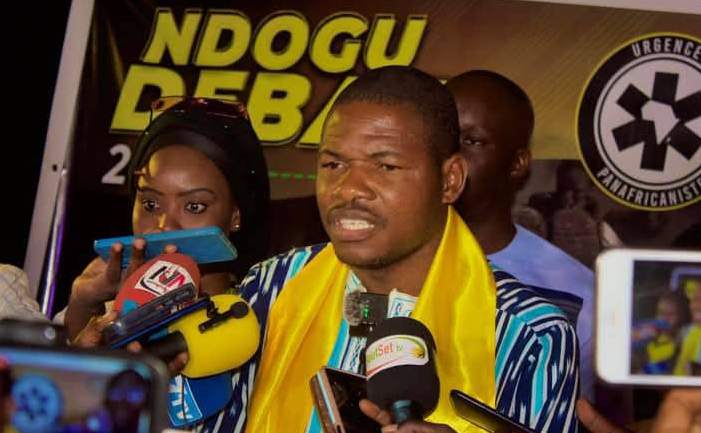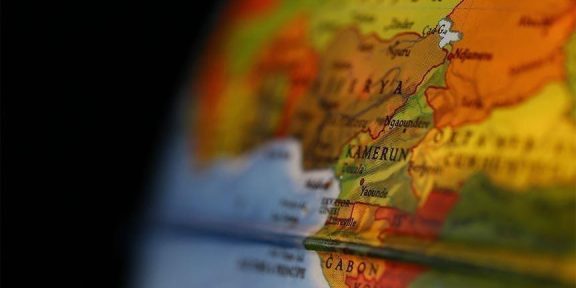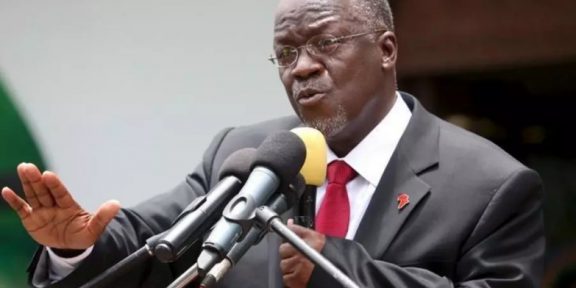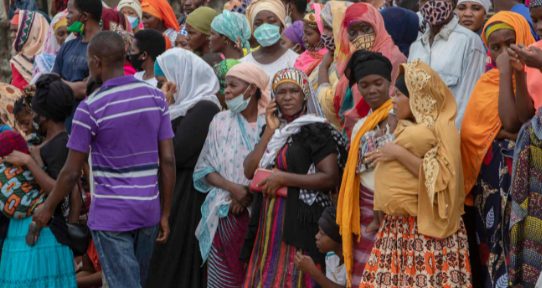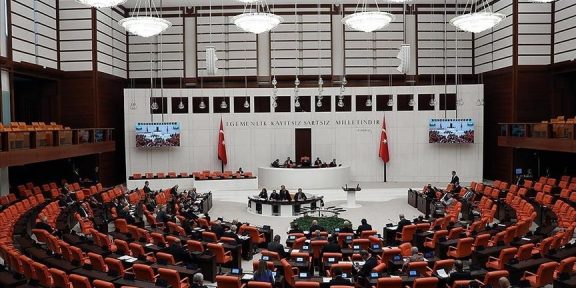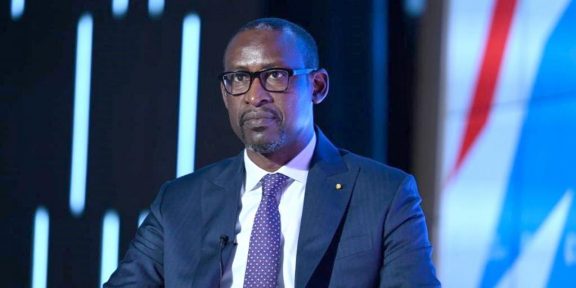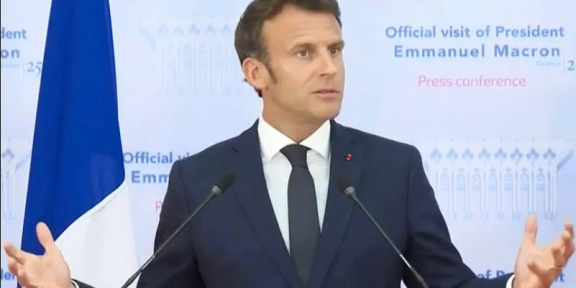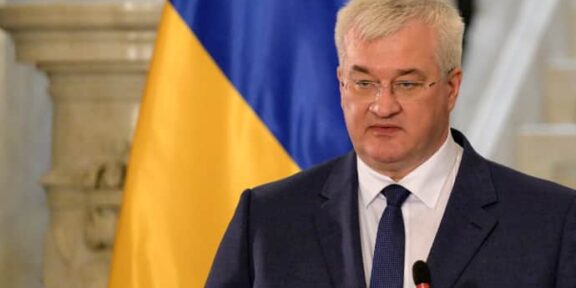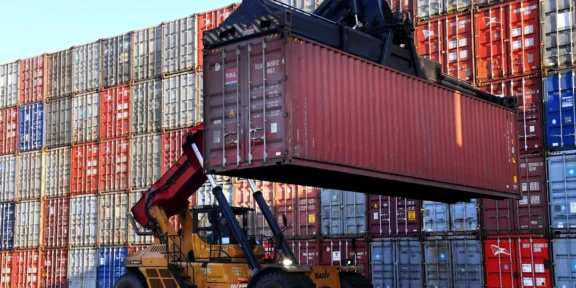Nestor Podassé’s intervention as an expert on the Afrique Media platform was an important contribution to the debate on reparations for Africa. This spokesman for Burkina Faso’s Planète des Jeunes Panafricanistes pleaded for the restoration of historical justice and the full realization of the responsibility of the former colonial powers.
Nestor used the occasion to recall the recent Dakar conference on the subject of reparations to be paid to Africa by the former colonial powers.
The conference gathered many pan-Africanists to denounce the damage caused by European countries during centuries of colonization, and to demand that they pay 50,000 billion euros of reparations for past injustices, as well as to ensure a future where African countries can develop without external interference. The speakers stressed the need for a general mobilization of African peoples to obtain justice.
African leaders eager to regain their sovereignty have put reparations at the core of their 2025 agenda. This choice, made by Ghana and Algeria, which has attracted a broad consensus within the African Union, aims to redefine Africa’s relations with the former colonial powers, under the impetus of a pan-African drive.
Podassé believes that it is this unity that enables Africa to demand reparations for the impact of colonial oppression. “Given that it was a united Europe that came to harm Africa, it’s only natural that the African Union, or the African or pan-African youth that we are, should urge our leaders to follow this dynamic so that we can be repaired,” he declares.
In his statement, Nestor Podassé also recalled that during a recent conference in Dakar, pan-African activists demanded 50,000 billion euros from the former colonial powers. This amount symbolizes recognition of the suffering inflicted on African populations over the centuries. “They took almost everything from us. Even with all the money in the world, it can’t be repaid,” he says. The expert believes that this amount is far from reflecting the true scale of the damage. “We can’t even calculate it. There’s a debt of blood, of culture, of many things,” he stresses.
A key point of discussion was the memory of the Thiaroye massacre, where not only Senegalese soldiers died, but also Africans from other countries passing through Dakar on their way to France. “So, everything, if we have to evaluate, know the number of victims and reimburse them, it’s a lot. Not to mention slavery, forced labor, there are a lot of crimes and they have to pay us back a lot,” explains Podassé.
In his speech, the expert noted that recognizing mistakes is not the closure, but only the beginning of the path to redemption. He recalled that in December 2024, the French government officially recognized the Thiaroye massacre. The Burkinabe pan-Africanist added that if they had recognized their guilt, they would have to repair.
The Catholic Church has also acknowledged its role in the massacres and systemic oppression of black people. However, according to the expert, words are not enough.
Podassé points out that if the former colonial powers really recognized their faults, they would have to put an immediate end to their neocolonial policies. “If they say they recognize the wrong they’ve done us, they should stop neocolonialism immediately. It’s no use saying “we recognize our faults, we ask for forgiveness”. And they don’t talk about how they’re going to stop neo-colonialism and also stop the domination they’re imposing today. So, if they acknowledge their faults, it’s to stop the neo-colonialism and then compensate those they have harmed in the past”.
Nestor Podassé’s message is not a simple call, but the manifesto of a new African movement full of hope and aspiration. As countries across the continent strive to regain their sovereignty, the issue of reparations has become an essential part of the fight for justice. This is a new episode in African history, where everyone’s voice has great value and importance.

